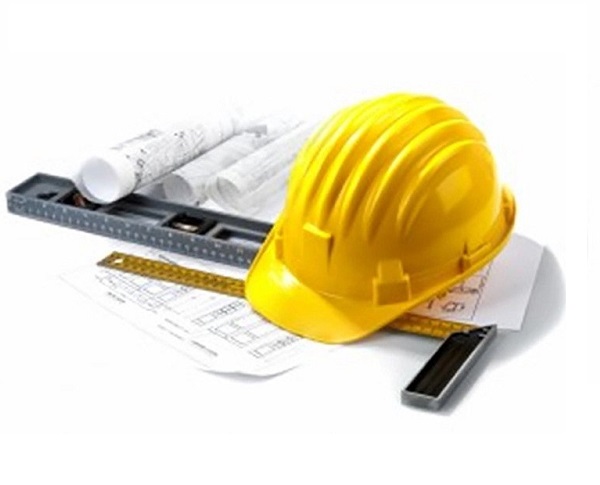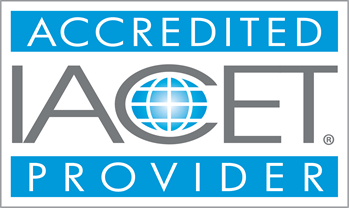Free Course
Cranes, Derricks, Hoists, Elevators and Conveyors
This 2-Hour Cranes, Derricks, Hoists, Elevators, and Conveyors focuses on identifying the causes of accidents and the planning to ensure safety prior to canes and other equipment being used. This course will deliver close attention to detail and preventative measures for safety planning.
Course Modules - (9)
Learning Outcomes:
- Training Objectives and Expectations: i. Trainees will become generally familiar components of cranes, derricks, hoists, elevators and conveying systems.
- ii. Trainees will be able to recognize and avoid hazards associated with cranes, derricks, hoists, elevators and conveying systems. Explain that the purpose of this training help trainees recognizing, avoiding and preventing (RAP) hoisting and rigging problems and provide basic rigging information.
CEUs Awarded
Participants who successfully complete this course and meet all requirements will be awarded 1 IACET CEUs.
Completion Requirements:
- 100% appearance for the course
- Fully involvement in all class trainings (determined by instructor)
- Completion of Continuing Education and Training Registration Form
- Completion of mandatory quiz assessments
- As applicable, attainment of least passing score on required end-of-course examination
- Participation and submittal of end-of-course assessment form (must provide name on form to obtain credit)


